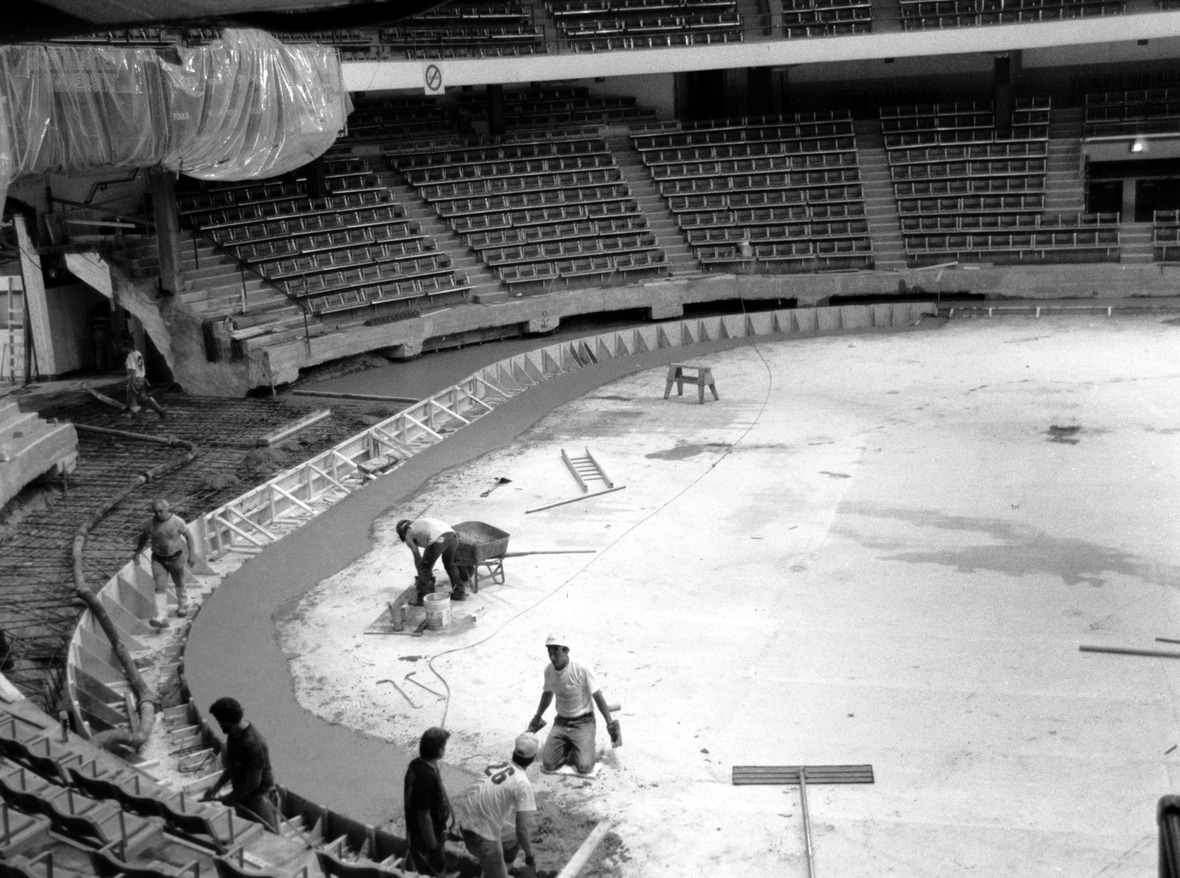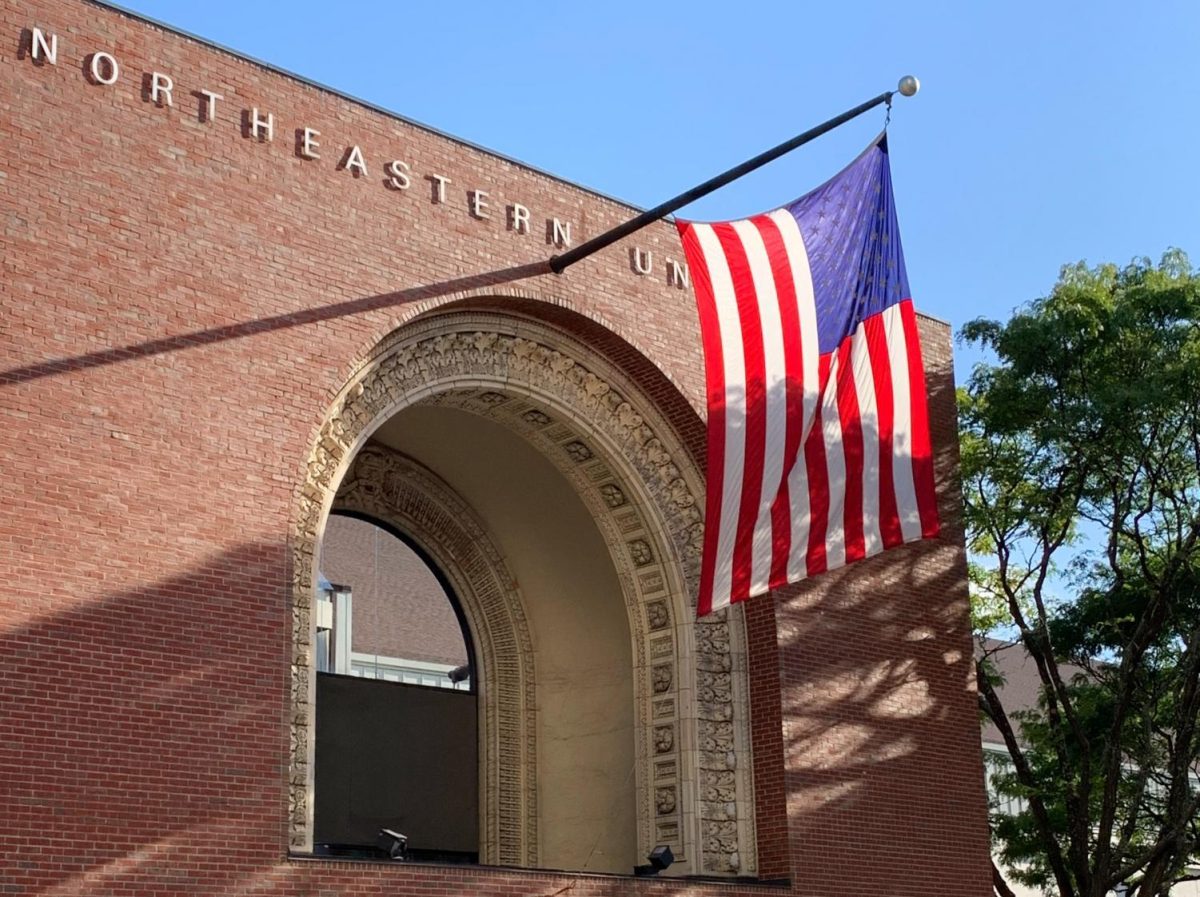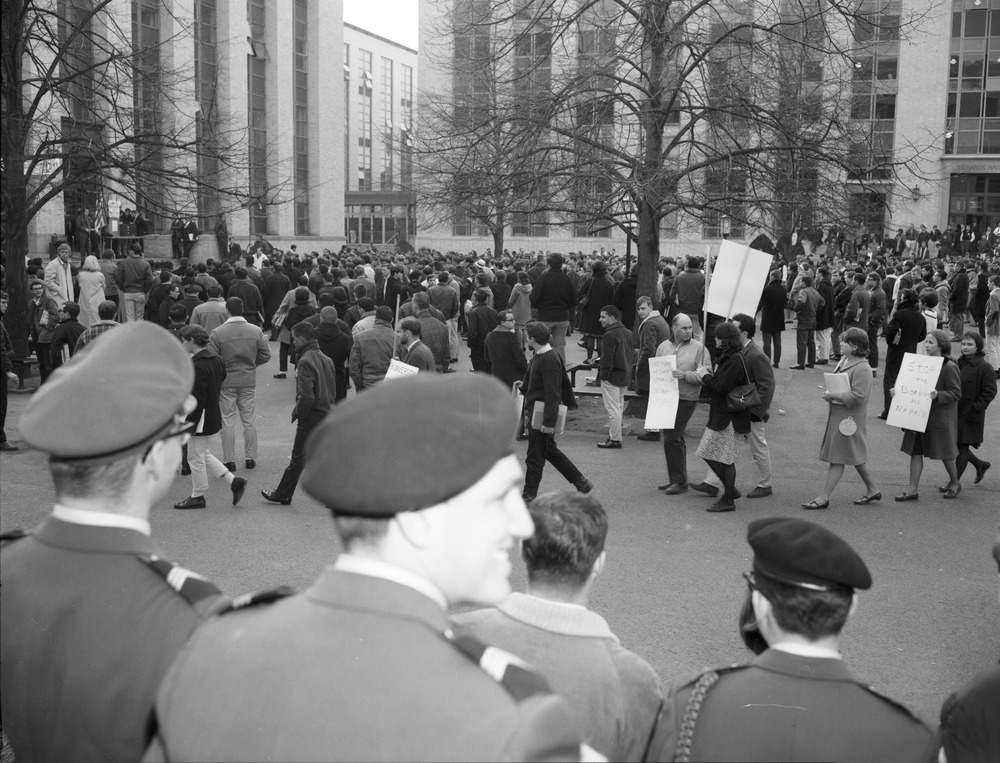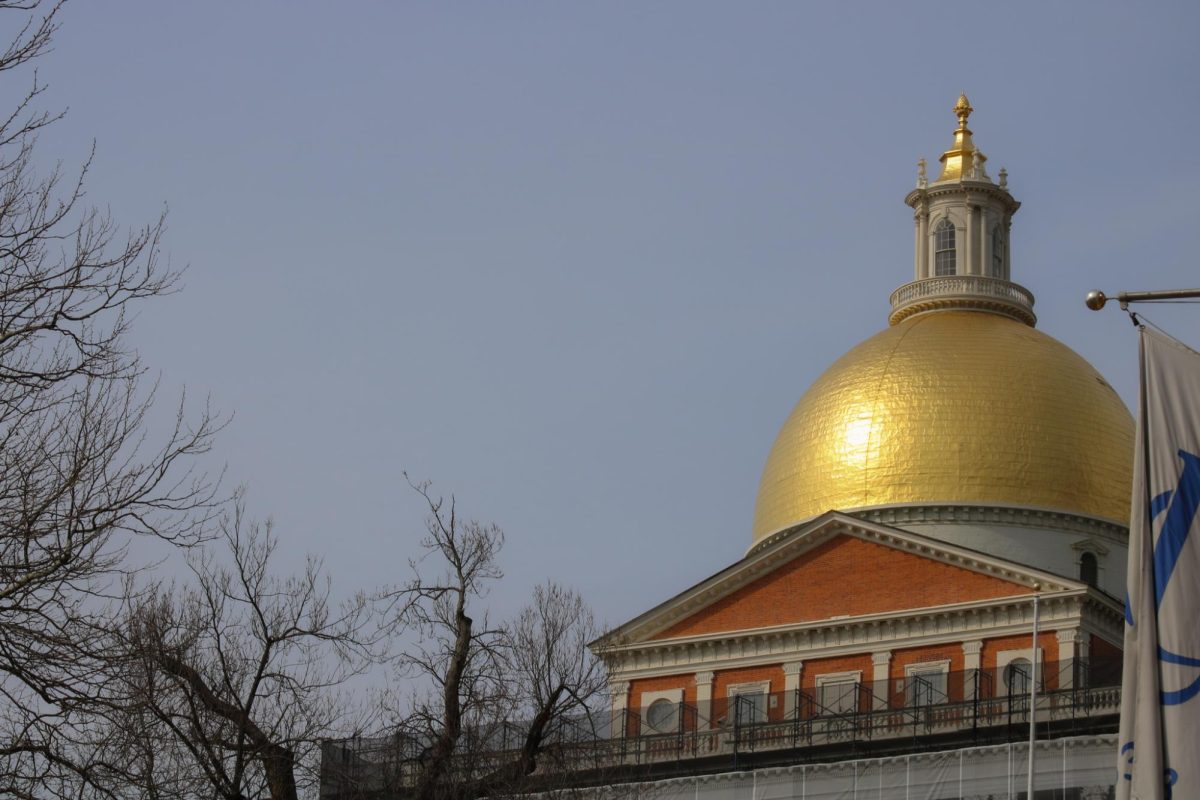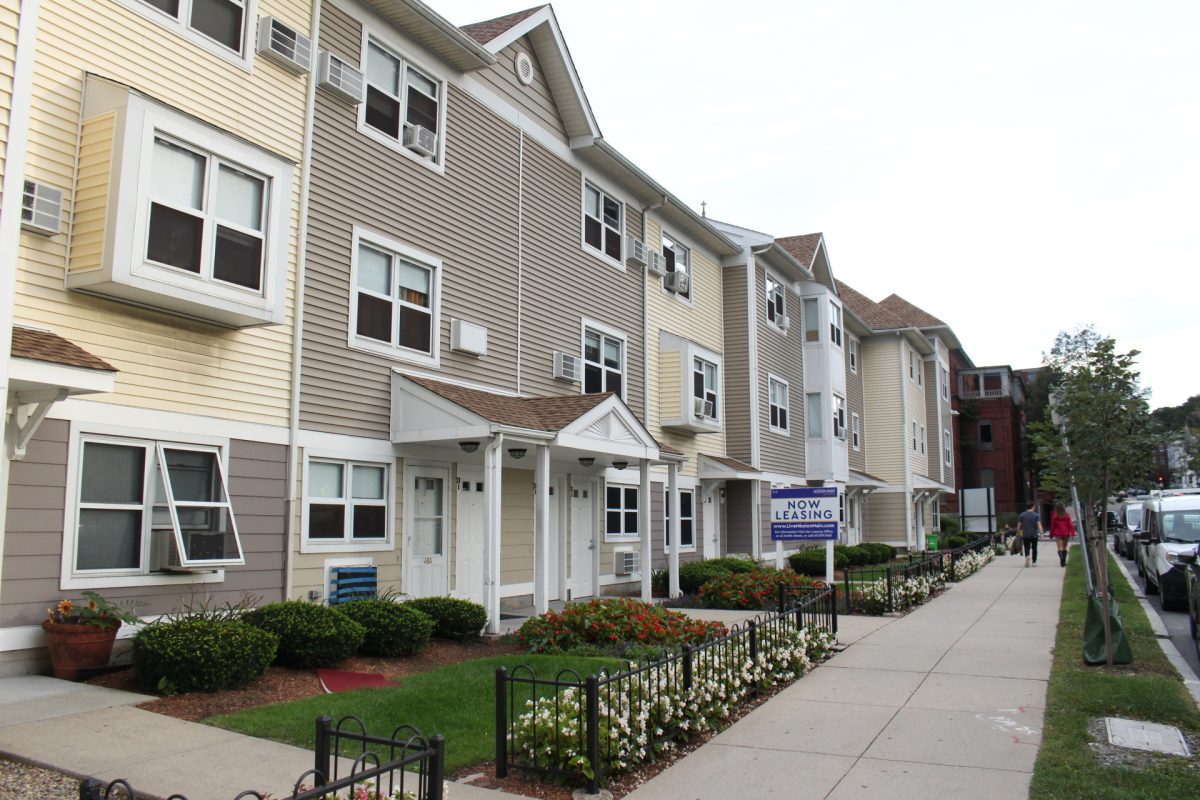By Alexandra Malloy, news correspondent
Boston may one day welcome a new generation top international athletes as officials placed a bid to host the 2024 Summer Olympics.
On Oct. 31, Governor Deval Patrick signed a bill into legislation that formed a nine-member panel to study the possibility of hosting the summer games.
“Our guiding belief is that an imaginative, inclusive and cost effective Olympic Games can provide Boston, the region and our country with a lasting legacy of improved lives and spirits, a stronger economy, a more modern public infrastructure and a community with a stronger sense of understanding and common vision,” the Boston 2024 Organizing Committee stated on their website.
One of the biggest backers of Boston’s Olympic potential is former Governor Mitt Romney, who was a key endorser of the 2002 Winter Olympics in Salt Lake City, the last time the US hosted the Olympics.
“It’s a huge-impact event,” Romney said in an interview with The Boston Globe on Nov. 10. “It’s like 20 Super Bowls all at once.”
The International Olympic Committee states on its website that such an event has the power to deliver an event that can have lasting social and economic effects on the hosting city and surrounding areas.
“I call it a social responsibility, to have a sustainable legacy, because we cannot ask to have investment for just two weeks of competition – these investments are there for generations to come,” Jacques Rogge, 2001-2013 International Olympic Committee (IOC) president, said on the IOC website.
Philip D’Agati, political science professor at Northeastern who specializes in Olympic politics, said that North America and the US are due to host such an event.
“The last Summer Olympics was Atlanta 1996. Typically the IOC likes to rotate the Olympics around a little bit,” D’Agati said. “2016 is in South America, 2020 is in Asia, and if going by that rubric then bringing the Summer Olympics back to North America would make sense,” said D’Agati.
Dallas, Los Angeles, Philadelphia, San Diego and Washington D.C. are also in the running for the 2024 Olympics.
“I would be really surprised if D.C. had the necessary space, I can’t imagine Detroit has the money,”
D’Agati said. “Los Angeles and Philadelphia are the two strongest challengers and out of them, LA is the biggest. They’ve successfully hosted the Olympics twice, but the IOC also likes to look at other cities. I think it will probably be us and Philadelphia.”
The possibility of having a Boston Olympics is not without its challenges.
Although Boston is full of large athletic venues, the city lacks major components necessary for hosting a summer Olympics. Transportation, a stadium to host ceremonies and track and field events, an Olympic Village to hold about 15,000 athletes and coaches, and an Olympic regulatory aquatic center are all elements that Boston is currently lacking.
Robert Kraft, owner of the New England Revolution soccer team, has suggested a partnership with the Boston Olympic Committee and construction of a modest sized stadium of 25,000 to 30,000 people for both his team and future Olympics events.
“Just looking at it from our point of view, we’re probably going to seriously consider a downtown soccer stadium somewhere in Boston or the Greater Boston area,” Kraft said in an interview with the Globe on Nov. 10 “We would try to help tailor something that could serve the needs of the Olympics and also our soccer team.”
Despite the problems of accommodation, D’Agati said that host cities boast potential job opportunity increases and economic growth. Long term infrastructural changes would also occur, such as overhauling local transportation, enhancing services in the city and significant urban development, as D’Agati puts it, potentially opening the door for Boston’s future.
Another benefit, D’Agati said, is that the Olympics puts the host city on the map by building a better relationship between the host city, the host country and the world.
“I think that if Boston is going to be recognized as the US candidate, I think the biggest challenge would be Toronto,” said D’Agati. “A North American Olympics will be the next destination and in that case Canada could outplay us. The only other thing that could seriously hamper a Boston bid if the US Olympic Committee bids for the 2020 Winter Olympics. It would be very interesting to see if the IOC would allow the US to have both.”
The International Olympic Committee will make its decision in 2017.


